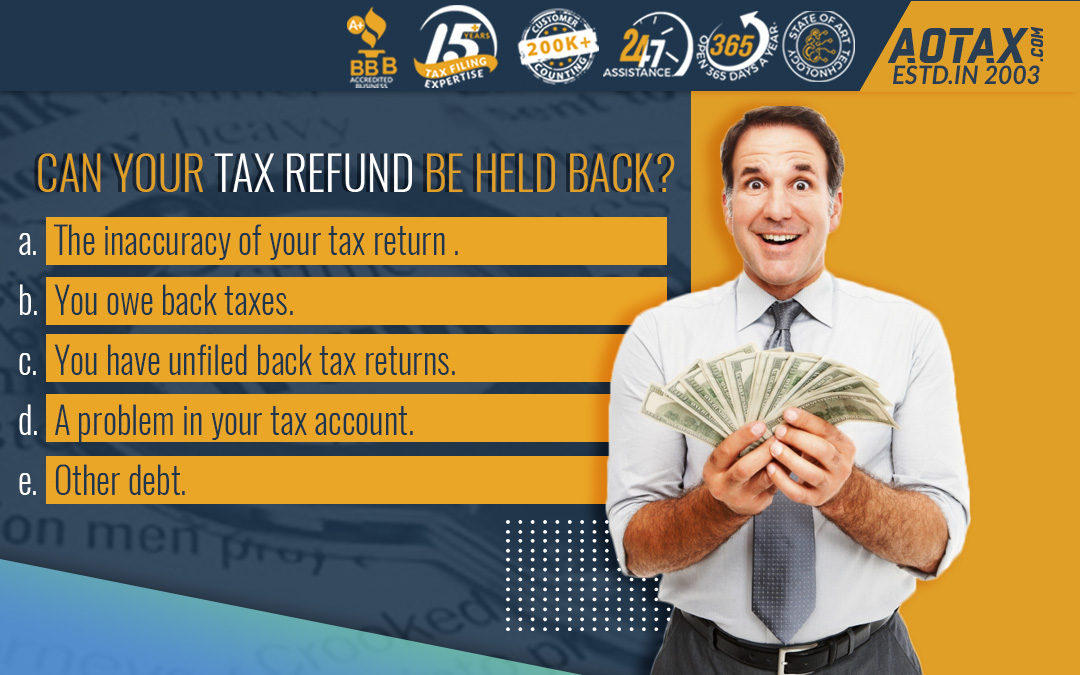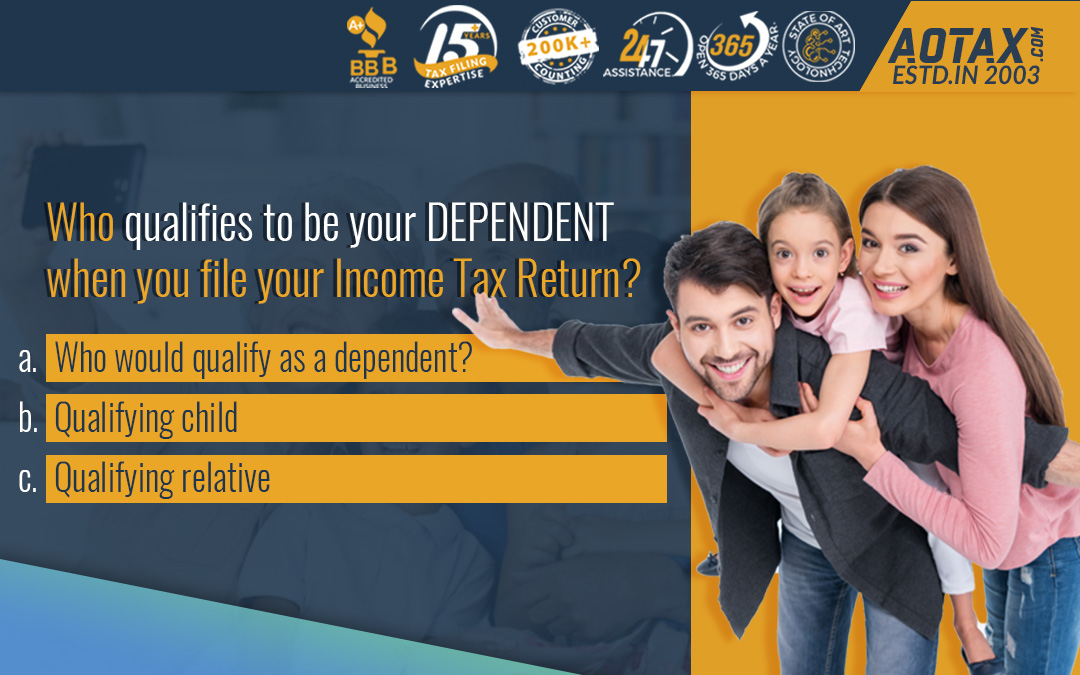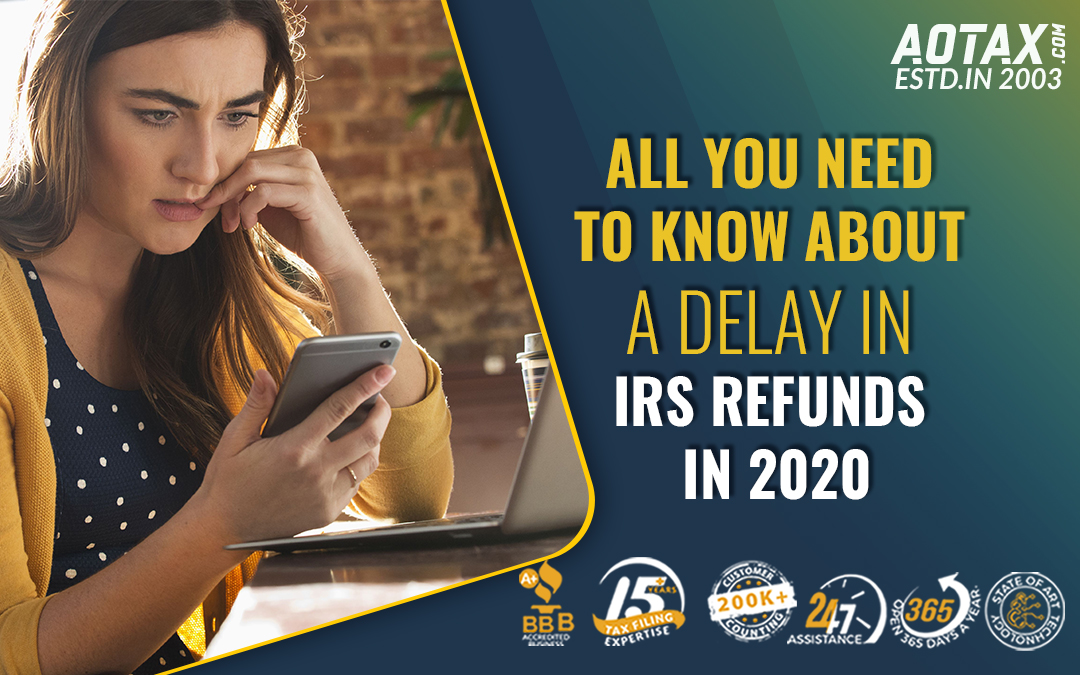How to claim your unclaimed refunds?
How to claim your unclaimed refunds?

To know that you have a refund due to being obtained from the IRS is one of the best things especially in these troubling pandemic times. If your refund amount is a big one, it can be utilized for different purposes such as paying off your debts, investing in an emergency fund, etc. However, you might have missed out on your refunds which were due to be obtained from the IRS. According to the IRS, $2,781 was the unclaimed refund amount available in the year 2020 which is expected to increase more in the year 2021.
The causes for the unclaimed refunds can be different for different taxpayers and so are the methods by which the refunds can be retrieved.
Unclaimed Tax Money and Refunds
According to the IRS, billions of refund checks are bounced back if your address has been changed or there has been a change in your bank account number. The IRS would be unaware of the information related to the new address /new bank account number. Your refund check would return and would lie unclaimed in such a scenario.
Another vital reason leading to unclaimed tax refunds is that you considered your income to be very low. As a result, you did not prepare your tax returns and did not e-file a tax return as well. For instance, you are a salaried professional, and taxes were being withheld from your paycheck every month. However, you considered your income too low and did not file the tax returns. But, you would be able to claim the money that has been deducted from your salary in the form of a tax refund. Also, there might be a probability that taxes were not being withheld from your paycheck but you can receive a refundable EITC (Earned Income Tax Credit).
How can you receive your unclaimed refunds?
Some of the methods by which you can easily receive your unclaimed refunds are:-
- In case, it has been just less than a year when your tax refund was issued you can put forward a request to the IRS for reissue of the refund. This can be done by use of the IRS’s unclaimed refund database. In this case, for protection, you would have to provide your filing status, Social Security Number, and your refund amount as well. If there is a need to address updation, it can be done here. The advantageous part is that your information related to refund would remain available on this IRS website until the next tax return has been filed.
- In another scenario, if it has been more than a year but less than three years since you filed your returns but have not received your refunds – you have two options available. You can request for your lost refund to be reissued. While filing the tax returns, you can use the “Married Filing Jointly” Status and complete Form 3911 which is the Taxpayer Statement Regarding Refund. Also, if you are not using this status you can give a call to the IRS at 1800-829-1954 to request for reissue of your refunds.
- If after filing your return request, you found out that a particular credit or deduction would have led to a refund. Or you have made an error while filing your returns then you can make amendments to your tax return and get your unclaimed tax refund. This amendment can be done by filing Form 1040X and mailing it to the IRS. This can take some additional time i.e. up to 16 weeks but would get your unclaimed refunds.
Conclusion
So, if you have had tax refunds but have not obtained them due to some reasons you can still receive them. Filing a return within three years of the return due date and also filing a return for an earlier year will help you in avoiding penalties related to late returns.





Recent Comments